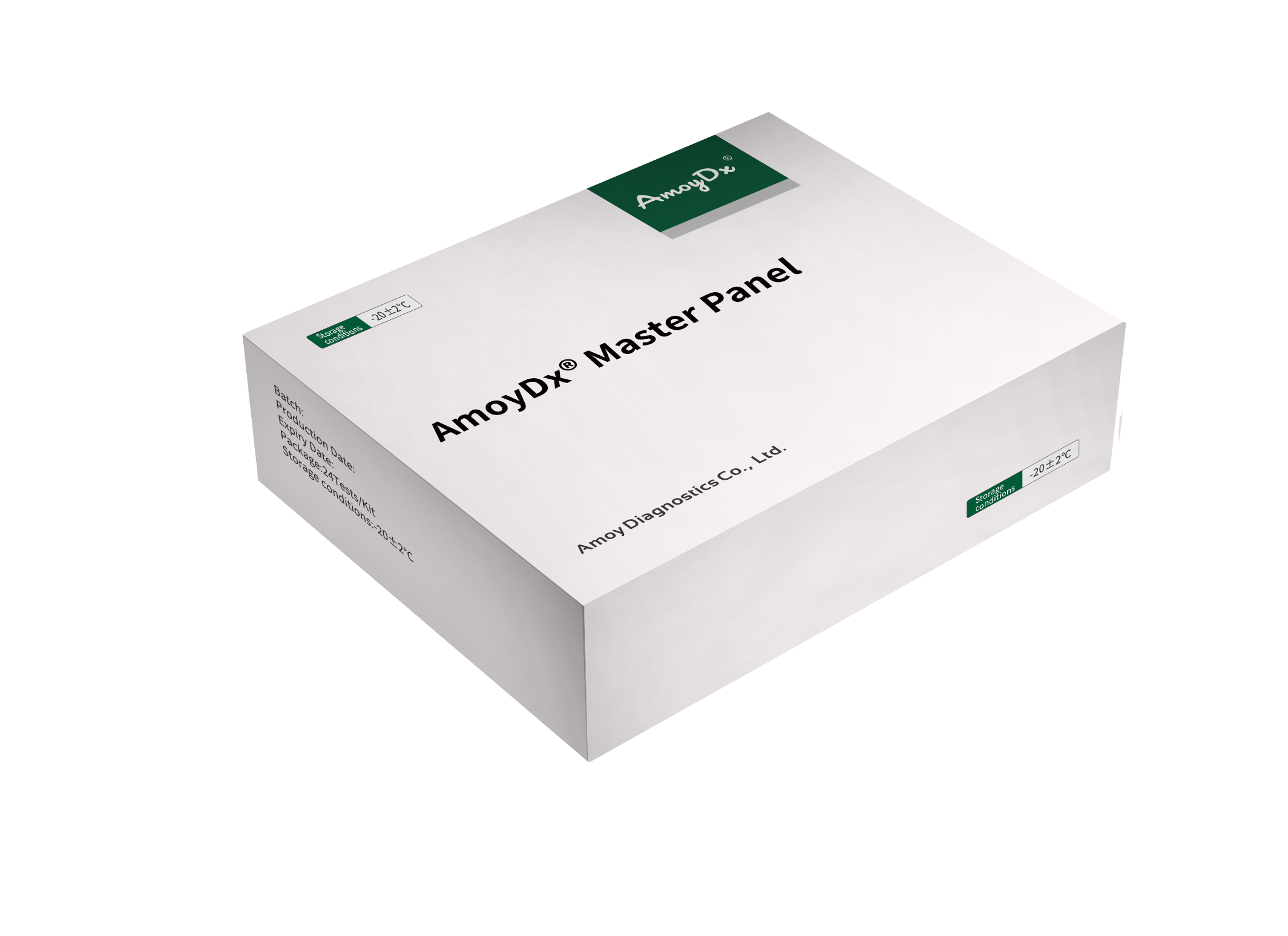Vienna – Aug. 7th, 2022. – A study presented at the IASLC World Conference on Lung Cancer 2022 in Vienna disclosed the clinically relevant intertumoral heterogeneity of non-small cell lung cancer (NSCLC) driven by MET exon 14 skipping (METex14 skipping).
METex14 skipping is a rare oncogenic driver for non-small cell lung cancer (NSCLC), can be successfully targeted by MET tyrosine kinase inhibitors (TKI) like savolitinib, tepotinib, and capmatinib. Recent clinical trials of MET TKIs displayed encouraging clinical efficacy but nearly half of NSCLC patients with MET exon 14 skipping did not benefit from MET-TKI treatment, which indicated biological heterogeneity in NSCLCs driven by METex14 skipping.
Dr. Yuchen Han, Shanghai Chest Hospital, China, aimed to investigate the intertumoral heterogeneity of METex14 skipping positive NSCLCs at the functional level. To accomplish this, Dr. Han and her colleagues examined 126 FFPE specimens from NSCLC patients with METex14 skipping from the Department of Pathology at Shanghai Chest Hospital from April 2017 to December 2020. All the samples were subjected to targeted RNA sequencing using the AmoyDx® Master Panel consisting of 2660 onco-immunology genes. Functional enrichment of each sample was evaluated by single sample Gene Set Enrichment Analysis (ssGSEA) and pathway-level unsupervised clustering was conducted to identify molecular subtypes in METex14 skipping positive patients. Subtype-specific pathways, tumor microenvironment, and clinic-pathological features were further analyzed.
Four molecular subtypes were identified, including subtype A (33.3%), subtype B (15.1%), subtype C (14.3%), and subtype D (37.3%). “This study reveals the clinically relevant intertumoral heterogeneity of NSCLCs driven by MET exon 14 skipping. Based on the molecular subtyping, subtype A was more sensitive to MET-TKIs, while subtype D was putatively resistant to MET-TKIs,” said Dr. Han. “Of note, subtype C might be more susceptible to immunotherapy.”
About the WCLC:
The WCLC is the world’s largest meeting dedicated to lung cancer and other thoracic malignancies, attracting more than 7,000 researchers, physicians and specialists from more than 100 countries. The goal is to increase awareness, collaboration and understanding of lung cancer, and to help participants implement the latest developments across the globe. The conference will cover a wide range of disciplines and unveil several research studies and clinical trial results.
Reference
1. Han YC. Intertumoral molecular heterogeneity of non-small cell lung cancer with MET Exon 14 Skipping. Presented at 2022 World Conference on Lung Cancer; August 6-9, 2022; Vienna, Austria; abstract 2113.
